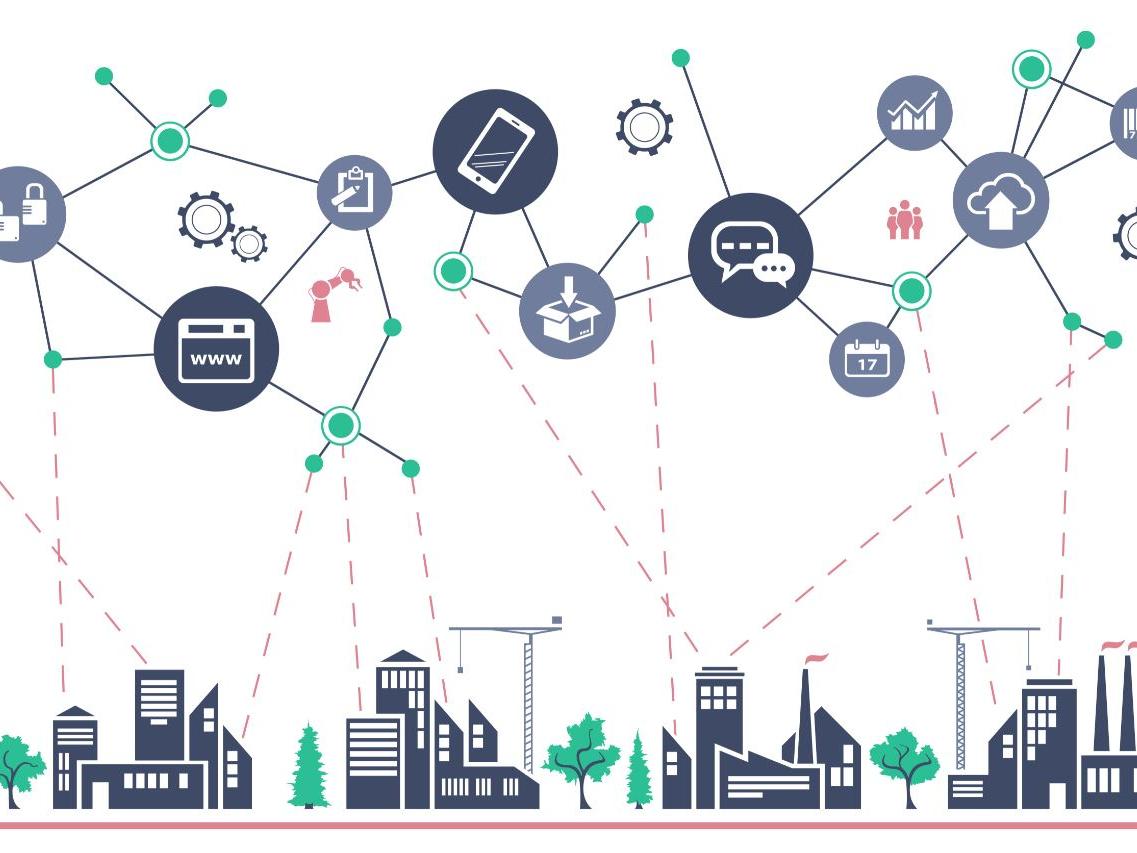
Posted to News on 13th Oct 2020, 08:56
The problems that can be solved by the adoption of Edge Computing
Greg Hookings of Stratus Technologies offers MachineBuilding.net readers an insight into some of the advantages to expect from Edge Computing

More now than ever before, manufacturers are under pressure to improve performance with less. Further, whatever machines, lines or plant equipment they need to improve, the requirement for availability, remote monitoring capabilities and simple IT management have increased dramatically in midst of the current global pandemic. It has forced many enterprises to embrace remote work and reduce staffing levels. With the maturing of Edge Computing, OEMs can now package together several capabilities that meet these challenges head on. A simple, secure and autonomous edge platform, built directly into a machine, offers end users numerous advantages.
Reduced IT hardware means more space
With the running theme of doing more with less, there are very few organisations that can afford to install high-end redundant servers; the cloud storage required and the expensive IT infrastructure to network all remote locations makes this approach expensive and unwieldy. For enterprises that have remote locations it is simply not possible to have a traditional server room or other environmentally controlled space for IT equipment. Without a specifically designed computing platform built for that environment, critical IT equipment can be installed in an unsecure area without adequate power or ventilation leading to more risk of equipment failure. Even for single-site operations, cyber security worries and the availability of IT skills can mean that valuable real-time data never reaches operators or managers.
As an OEM, including a ruggedised purpose-built Edge Computing platform means that your customer can gain the benefits of industry 4.0 without incurring costs, without exposing themselves to greater cyber security risks and without needing a high level of IT capability at the machine level. They can be safe in the knowledge that no matter how remote the deployment, those on-site can manage the platform and access and action data without specific IT expertise. In fact, the more remote a site the less likely specialised IT staff will be able to get to site and rectify an issue before any dreaded unplanned downtime. So this capability can offer a critical advantage.
Speed of data
Whether on board a pharmaceutical safe bottle blower or a complex slitter rewinder, machines must transfer vital data to a designated corporate data centre. This is done usually via a broadband connection from the local Internet Service Provider and is typically “best effort”. That means an internet outage could cause a complete work stoppage. If the machine is at an off-site remote location, end users will also need to rely on a relatively limited 4G connection. Either way, and even with the best infrastructure, the latency is often too great for real-time decision making.
With Edge Computing, OEMs can package and offer on-board computing that collects, analyses and turns data into actionable intelligence right at machine level. For those end users looking send large amounts of data for analysis, this can be simply achieved with a hybrid edge-to-cloud approach. The edge platform handles the machine health and updates all the on-site operators with the necessary information required, and most importantly no latency. The data can then be sent to the Cloud where time is no longer an issue, and connectivity doesn’t compromise the uptime of the machine or completeness of data.
Futureproofing
You would have to search far and wide for a company that is not taking first steps into digital transformation. As an OEM it is important to offer customers the capability to achieve their digitalisation goals, and the time is now. A recent report shows that 91% of today’s data is created and processed in a centralised data centre. By 2022 Gartner estimates that 75% of all data will need analysis and action at the edge. At a time when cost cutting and futureproofing are paramount, I believe that users and machine builders need to be asking whether they can afford not to offer Edge Computing capabilities in 2020?
Conclusion
Deploying intuitive computing at any level in any sector can be a daunting task. By working with knowledgeable system integrators and using the right Edge Computing deployment, machine builders and OEMs can make this process painless with a simple, protected and autonomous, in-built edge platform. We say “Take the complexities of industrial computing out with the adoption of Edge Computing into your offering”. You can offer end users complete peace of mind when it comes to machine availability with autonomous protection and the ability to manage and action data with no external IT support.
Understand how with Stratus Technologies.
Want the latest machine building news straight to your inbox? Become a MachineBuilding member for free today >>
Stratus Technologies Systems Ltd
Watermans House
Watermans Court
TW18 3BA
UNITED KINGDOM
+44 (0)1784 415220

















